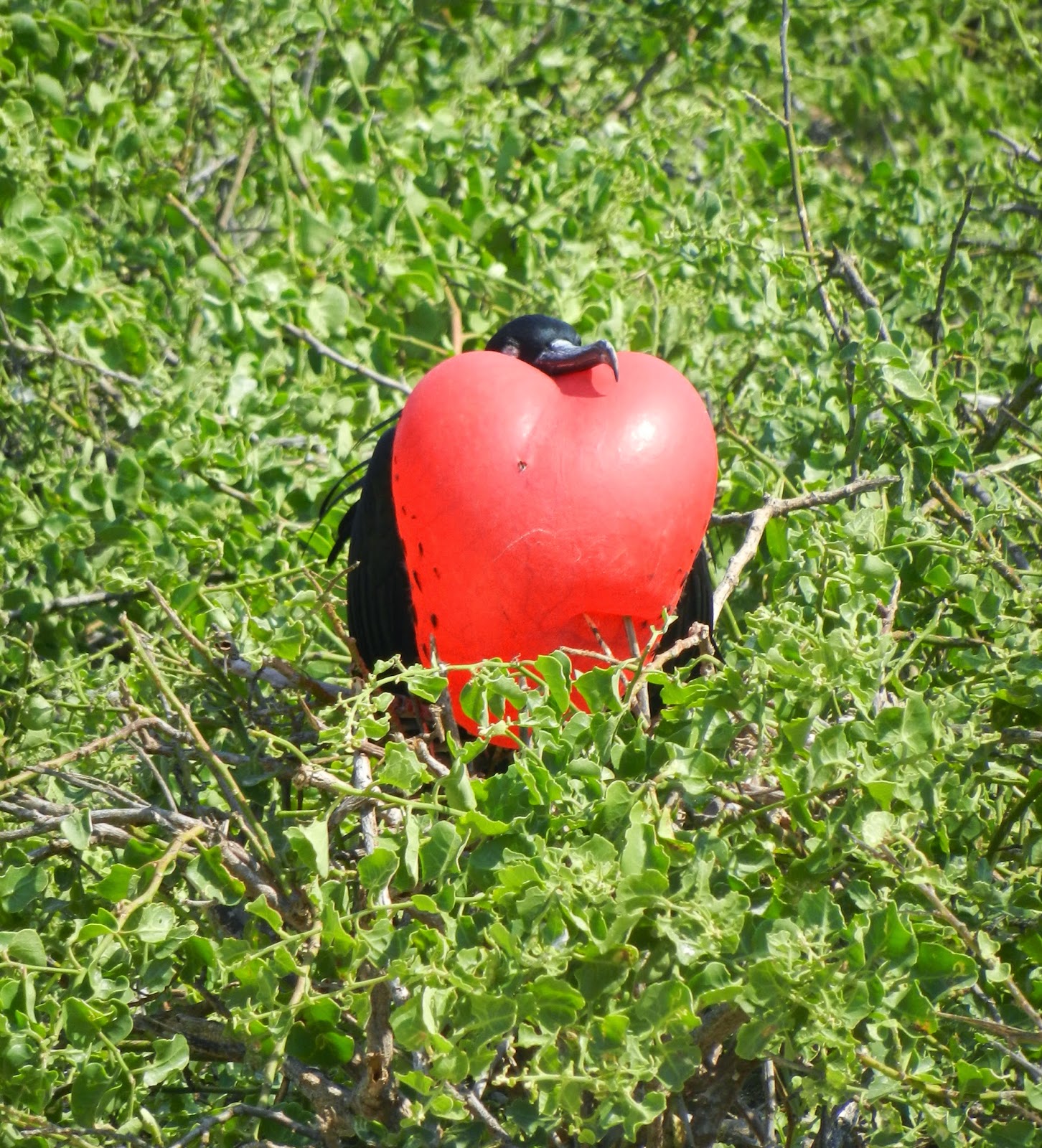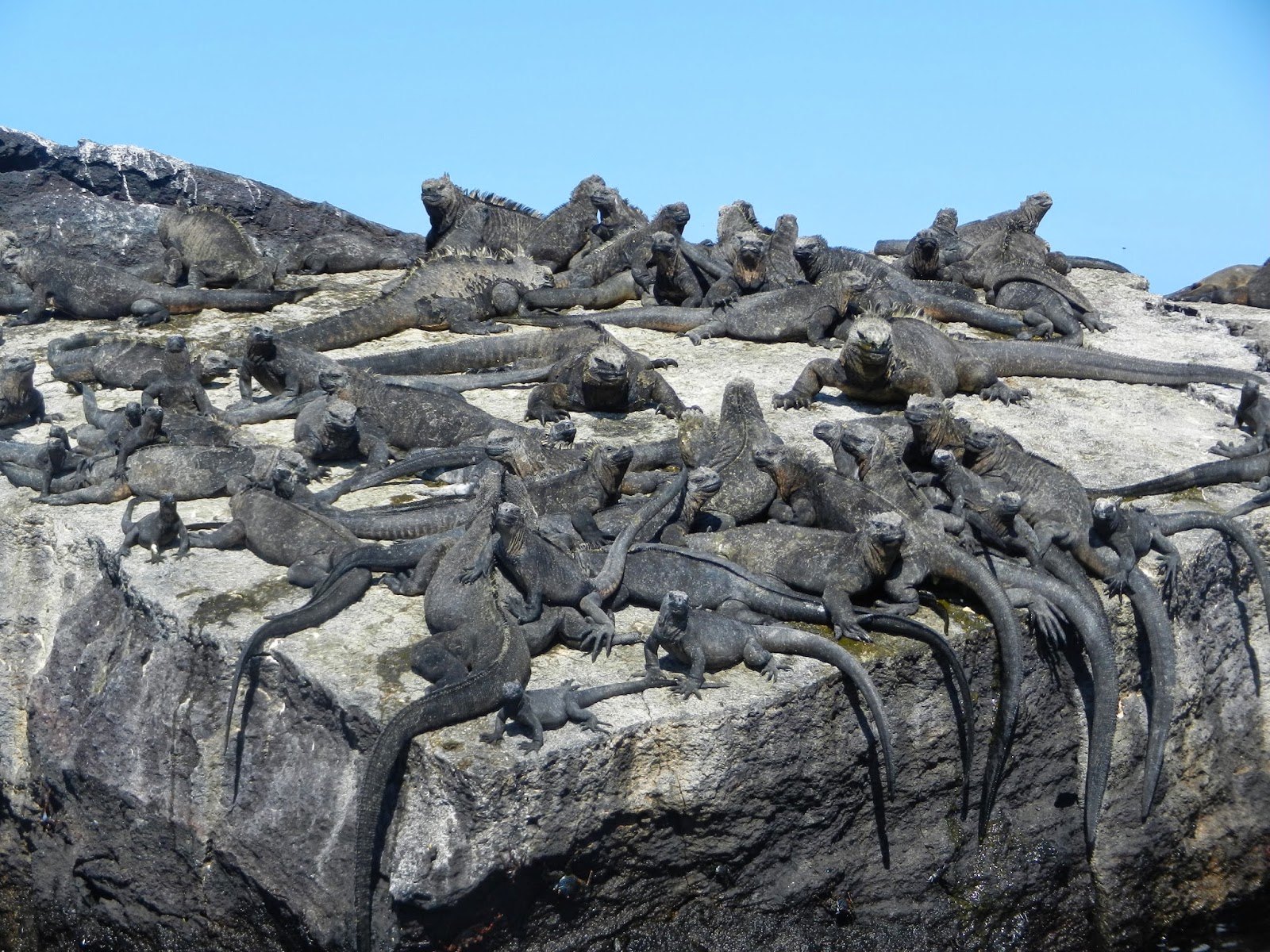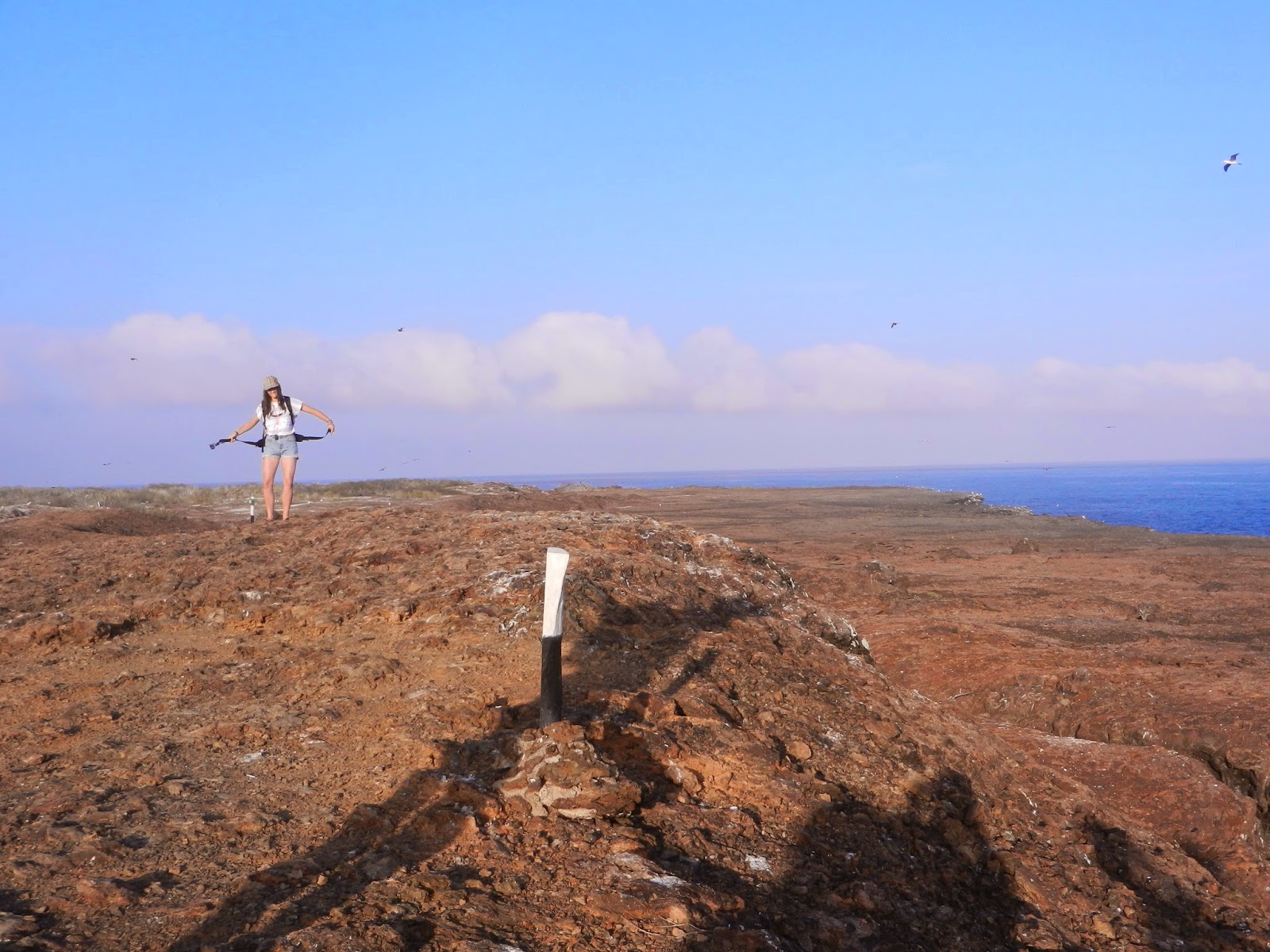 |
| On the Quilotoa Loop |
And somehow it is May. It always amazes me how quickly time passes when one is busy, or having fun, or on the go, or in this case, all three. Since saying goodbye to our parents and the Galapagos, Erin and I have been traveling around central and southern Ecuador, along with our third tall compatriot, Jake, Erin's boyfriend. Remarkably different from both being stationary and from traveling alone, exploring Ecuador with Erin and Jake has been a real treat.The downside is the much stronger buffer between myself and others at hostels, on buses, in markets, really anywhere; when alone you end up interacting with such a broader range of characters, both enjoyable and stressful. That change is overshadowed by how refreshing and wonderful it is to be with people who can shift seamlessly from seeking out cheap beer and American sports games to discussions of gentrification, the future of cities, and natural resource management.
 |
| At the butterfly breading center |
Now over two weeks ago, we took a two hour bus ride from Quito to the small eco-tourism oriented town of Mindo, nestled amid lush rainforest-like hills in a region categorized as cloud forest. We did the most well known hike to waterfall, treated to a major downpour, which put my Northwest soul in a great mood. We zip-lined through the hills, flying over diverse canopies and being eaten by small devil flies. Our final evening, Easter Sunday, we treated ourselves to an incredibly decadent brownie at El Quetzal, a local chocolate factory, where I ran into a 19 year old girl who was not only from Seattle but also had attended the same elementary, middle and high school as me. The small world moments never fail to amaze me.
.JPG) |
| Trail up to Pichincha |
From Mindo we returned to Quito where I finally completed the last of my Peace Corps medical exams and more interestingly (though perhaps equally as exciting for me personally) we climbed Pichincha, a volcano hugging one side of Quito. The trail head is accessed via a gondola ride and the peak sits at just under 15,700 ft. After scaling what amounted to a sandy wall, we found ourselves in a rocky nook a bit below the peak where windy chills set in and views back over the city opened up. From there we hightailed it back down and feasted on 'chinese' food, with an incredibly friendly and adventurous (i.e. the quintessential) Australian man.
Quito provided a couple great surprises - crossing paths with a friend from home and exploring Parque
Metropolitano, a remarkable public park, apparently the largest in South America. But with the Peace Corps logistics settled, I was thrilled to set off for the Quilotoa loop, a hiking route through picturesque communities and up to an exquisite crater.
 |
| Who are these fools? |
From Latacunga, we stored our stuff, got 'maps' and directions, and took off the next morning for the town of Sigchos, from where we would walk to Isinlivi, realizing later we were fairly malnourished and dehydrated. After an endless uphill climb of the far side of the valley, we arrived in the town and found heaven - a hostel with the best, most plentiful food imaginable. We all ate ourselves into comas and slept like babies. The next day we walked to Chugchilan, again crossing a river and valley. The hillsides were similar to those I saw around Otavalo, in that the patchwork patterns from agricultural cultivation, cattle crazing, and forested areas provided an endless array of shades of green. The landscape around Quilotoa appeared even more expansive though; I found myself getting lost in the details of any one hillside whenever we would stop for a break.
.JPG) |
| View from the top |
From Chugchilan we walked the longest day to the main attraction of Quilotoa. Treated to the same gorgeous landscape, lots of cows, sheep, horses, and a few semi-ferocious dogs, we reached the base of the crater volcano around lunchtime. Joined by a loyal dog who followed us all the way from Chugchilan, we chomped on ritz crackers, tuna, and boiled eggs and began the climb. It was a long haul but I felt energized almost the whole way up. I'd like to attribute it to my body getting in shape and aclimatized, but I think it has more to do with excitement about reaching our end goal.
At the top, we were treated to massive clouds and views of nothing beyond our feet. Instructions read to walk around the rim of the crater for an hour in order to reach the town of Quilotoa. As the sun broke through and views of the crystalline lake appeared, we wasted no time in running ourselves well into the crater. Walking through idyllic fields of wildflowers and the jagged crater edge and glacial blue water in the background, I was blissfully thinking of dinner and resting my feet.
.JPG) |
| Quilotoa crater lake (with distracting wild flowers) |
When we were more than halfway down into the crater and thunder started really cracking, we realized how majorly we had gone awry. After much deliberation about backtracking, going to the kayak post another 30 minutes down into the crater, or trying to follow a random path back to the rim, lightning hit within the crater. Squatting in a low spot with some bushes, I felt each rain drop seeping through my layers, empathizing with our loyal dog companion who was shivering with cold and confusion as to why we weren't under the trees. The rain let up a bit and we decided to give it a go on a forward and upward moving path that looked promising. Thankfully it brought us to the real deal path, each of us rapidly huffing and puffing our way up with our (at best) third wind, coming from the adrenaline rush only attainable with the risk of being stuck in a crater for a lightning storm.
 Though they already seem like long ago, the last five days of my trip were spent in the Amazon rainforest - some of the most fascinating hours in all my time in Ecuador. We took a long bus ride to Lago Agrio, a town close to the Colombian border and full of oil money. Winding our way through lush and stomach churning hills, the vast majority of the trip had us riding parallel to a huge oil pipeline. An extreme and thought provoking juxtaposition. From Lago Agrio we drove another 3-4 hours, the last hour on a dirt road. There we made the transition from land to water, hoping in a motorized canoe that would be our primary means of transportation for the coming days.
Though they already seem like long ago, the last five days of my trip were spent in the Amazon rainforest - some of the most fascinating hours in all my time in Ecuador. We took a long bus ride to Lago Agrio, a town close to the Colombian border and full of oil money. Winding our way through lush and stomach churning hills, the vast majority of the trip had us riding parallel to a huge oil pipeline. An extreme and thought provoking juxtaposition. From Lago Agrio we drove another 3-4 hours, the last hour on a dirt road. There we made the transition from land to water, hoping in a motorized canoe that would be our primary means of transportation for the coming days. We arrived at the lodge/bunk huts in the late afternoon, after two hours on the river. For me it was a ride full of stiffness from the tiny benches, awe at the endless depth and density of the rainforest, and meditative monotony from the noise of the motor and pace of the boat. The rhythm of our journey was abruptly interrupted when the driver spotted a water snake, about 4 ft long, skimming across the top of the water. He put us on a collision course for the poor guy, and neither party flinched. Until of course, the snake actually ran into the boat, right where I was sitting. I screamed and the snake launched into the rear of the canoe. To my surprise, the driver seemed to have a healthy fear of the snake, kicking his rubber boots frantically at the squirming and jumping snake, launching the reptile back into the water after a solid 5 second dance.
We arrived at the lodge/bunk huts in the late afternoon, after two hours on the river. For me it was a ride full of stiffness from the tiny benches, awe at the endless depth and density of the rainforest, and meditative monotony from the noise of the motor and pace of the boat. The rhythm of our journey was abruptly interrupted when the driver spotted a water snake, about 4 ft long, skimming across the top of the water. He put us on a collision course for the poor guy, and neither party flinched. Until of course, the snake actually ran into the boat, right where I was sitting. I screamed and the snake launched into the rear of the canoe. To my surprise, the driver seemed to have a healthy fear of the snake, kicking his rubber boots frantically at the squirming and jumping snake, launching the reptile back into the water after a solid 5 second dance. The camp was made up of hammocks, thatched roofs, and cheerful staff members. There was a long-term German volunteer and I could definitely get behind spending a couples months in that idyllic jungle locale. We spent four days doing an array of exploratory walks and boat rides at various hours of the day and night. We were treated to tropical birds of all varieties and sizes, including macaws, toucans, parrots and woodpeckers. Of the flightless variety we caught glimpses of crocodiles, pink river dolphins (actually kinda creepy looking), tarantulas and sloths.
The camp was made up of hammocks, thatched roofs, and cheerful staff members. There was a long-term German volunteer and I could definitely get behind spending a couples months in that idyllic jungle locale. We spent four days doing an array of exploratory walks and boat rides at various hours of the day and night. We were treated to tropical birds of all varieties and sizes, including macaws, toucans, parrots and woodpeckers. Of the flightless variety we caught glimpses of crocodiles, pink river dolphins (actually kinda creepy looking), tarantulas and sloths.







.JPG)

.JPG)
.JPG)
.JPG)
.JPG)







.JPG)
.JPG)
.JPG)
.JPG)



.JPG)
.JPG)
.JPG)

.JPG)



.JPG)



.JPG)

.JPG)


.JPG)

.JPG)
.JPG)